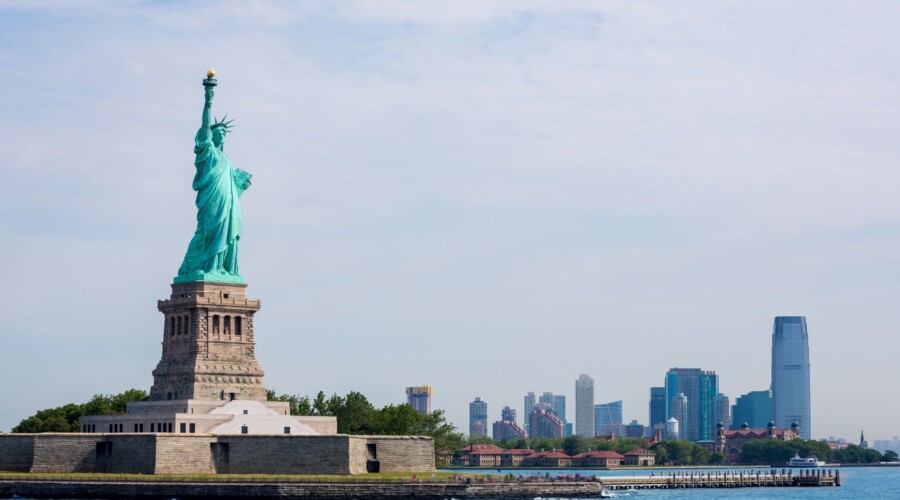Urban advocates, planners, officials, and artists have been joining forces each September for the past six years to create mini pop-up parks in curbside spaces generally reserved for cars. It is now a global movement called "Park(ing) Day." One part installation art, one part block party, Park(ing) Day is a fun way to approach the ordinarily touchy subject of parking.
Parking is always a third-rail issue for city and transportation officials, whether they are allocating space or setting prices. What Park(ing) Day does is showcase alternative uses of open lots and curbside spaces, and create a public dialogue about how we use this space and what we should fairly charge for it.
Parking policy, where it exists at all, is usually an afterthought and not a central component of long-term congestion and air quality strategies. This makes parking unreliable for motorists and inefficient for cities. Motorists circle endlessly to find an available spot. Retail employees park in front of their stores all day long, taking prime locations away from potential customers. Developers are compelled to provide more parking than the market requires, hurting their bottom line. And traffic managers have difficulty controlling congestion when there is no link between parking price, supply, and the amount of available road space.
In the developing world these issues are further complicated by the failure of city governments to crack down on bad parking behaviors such as illegal parking, especially on sidewalks, and illegal valet operations.
At the end of the day, we all pay. Hidden subsidies for parking encourage over-reliance on private car use—a major, growing contributor to global warming and air pollution.
Tackling parking is tricky. After all, even if a minority of citizens are drivers, what politician wants to be seen charging for a service that was once free, or taking away a resource that some citizens need?
Park(ing) Day reframes the issue brilliantly. Instead of taking something away, Park(ing) Day shows citizens (and the government officials who serve them) what can be gained if we choose to allocate our urban space in new and innovative ways.
Last year on Park(ing) Day, people in 183 cities in 30 countries reclaimed curbside space to demonstrate alternative uses of this real estate. There were picnics and parties. There were street performances and board games. There were gardens and bicycle parking lots and parking-space cafes.
 CREDIT: Buenos Aires Park(ing) Day. © 2010 Institute for Transportation & Development Policy.
CREDIT: Buenos Aires Park(ing) Day. © 2010 Institute for Transportation & Development Policy.
By opening up these possibilities, participants also ease the way to a more complicated conversation about how to price the space along the curb. As Rachel Weinberger, a parking expert and professor at the University of Pennsylvania says, "Two parking spaces make a decent sized New York City apartment. Can you imagine if commercial real estate was priced as randomly as curbside parking is?"
Park(ing) Day (along with other advocacy efforts and policy reforms) has led to permanent transformations of the curb, most notably in San Francisco, where Park(ing) Day got its start, and New York City, where Transportation Alternatives and New York City Streets Renaissance regularly organize up to 30 Park(ing) Day locations each year.
San Francisco now has four "Parklets," part of the city's Pavement to Parks program, which transform parking space into public space. And this past year New York City created a process by which local businesses could apply to have a "pop-up café" in a parking space during the warmer months. New York, San Francisco, and Portland have also joined other cities around the world in repurposing car spaces for bicycle parking.
These small, but highly visible projects help change public perception about curbside space, and help people avoid taking "free parking" for granted. This in turn makes it easier for government officials to consider more ambitious policy reforms, such as ITDP has observed in the United States and Europe, and is beginning to document in the developing world as well. These reforms include everything from simply starting to charge for curbside parking, to using parking revenues to fund things like streetscape improvements, transit, and bike share, to instituting parking caps in the downtown.
Park(ing) Day, combined with smart policy and advocacy work, helps put more cities on the sustainable path to managing their parking as the valuable urban resource it is. And, as a bonus, it's fun! Find a Park(ing) Day spot near you: http://parkingday.org/.
Dani Simons is director of marketing and communications for the Institute for Transportation and Development Policy, an NGO that promotes sustainable and equitable transportation worldwide. She has over a decade's worth of experience promoting sustainable transportation in cities. She is also a daily bicycle commuter.




